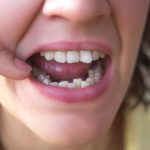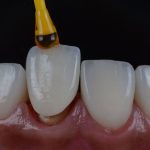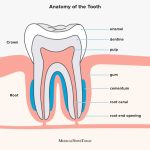Gag No More: Tips to Overcome Gag Reflex While Brushing Teeth
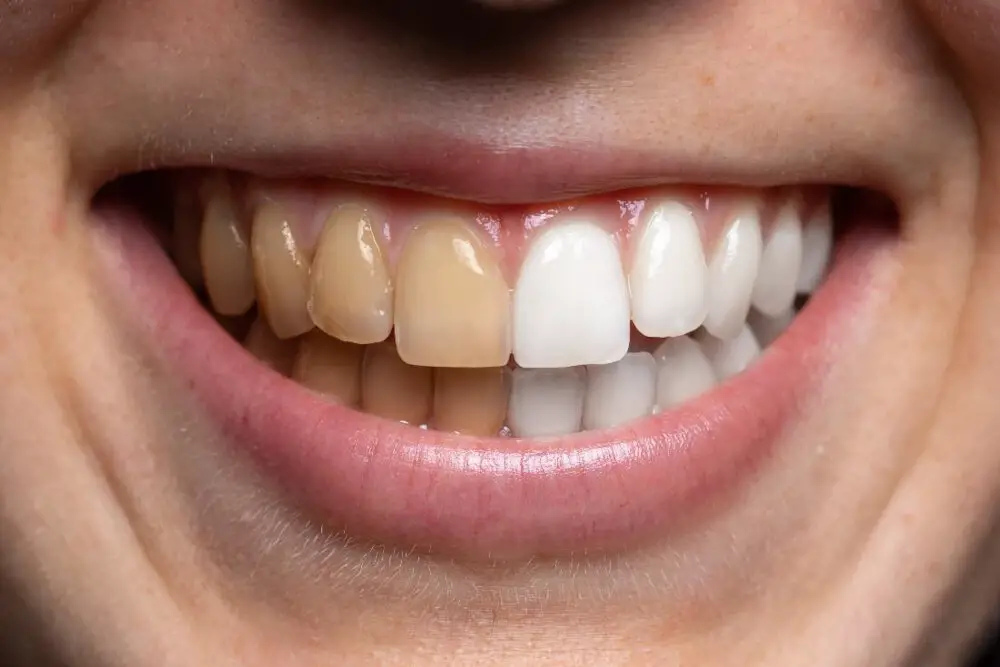
Gag reflex while brushing teeth can be an uncomfortable and frustrating experience for many people. It’s a natural response of the body to prevent foreign objects from entering the throat, but it can make oral hygiene difficult. Fortunately, there are several tips and techniques that can help you overcome this reflex and maintain good oral health. In this article, we’ll provide you with effective strategies to reduce gag reflex while brushing teeth and make your oral hygiene routine a more comfortable experience. One of the most common reasons for gag reflex while brushing teeth is the use of large toothbrushes or improper techniques. Using a smaller toothbrush and brushing in gentle circular motions can help reduce the sensation of gagging. Additionally, the type of toothpaste you use can also trigger a gag reflex. Certain flavors or ingredients in toothpaste can be too strong for some individuals and cause them to gag. By choosing a milder toothpaste or one with a flavor that suits your taste, you can avoid this issue and make brushing a more pleasant experience. Keep reading for more effective tips to overcome gag reflex while brushing teeth.
The gag reflex, also known as the pharyngeal reflex, is a natural and protective mechanism of the body that helps prevent foreign objects from entering the throat. It involves the contraction of muscles in the back of the throat, which causes a sensation of nausea or choking. While brushing teeth, the gag reflex can be triggered by the toothbrush or toothpaste coming into contact with the tongue or back of the throat. This can be especially problematic for those with a sensitive gag reflex, making it difficult to maintain good oral hygiene. However, there are several tips and techniques that can be used to overcome the gag reflex and make brushing teeth a more comfortable experience.
Understanding Gag Reflex
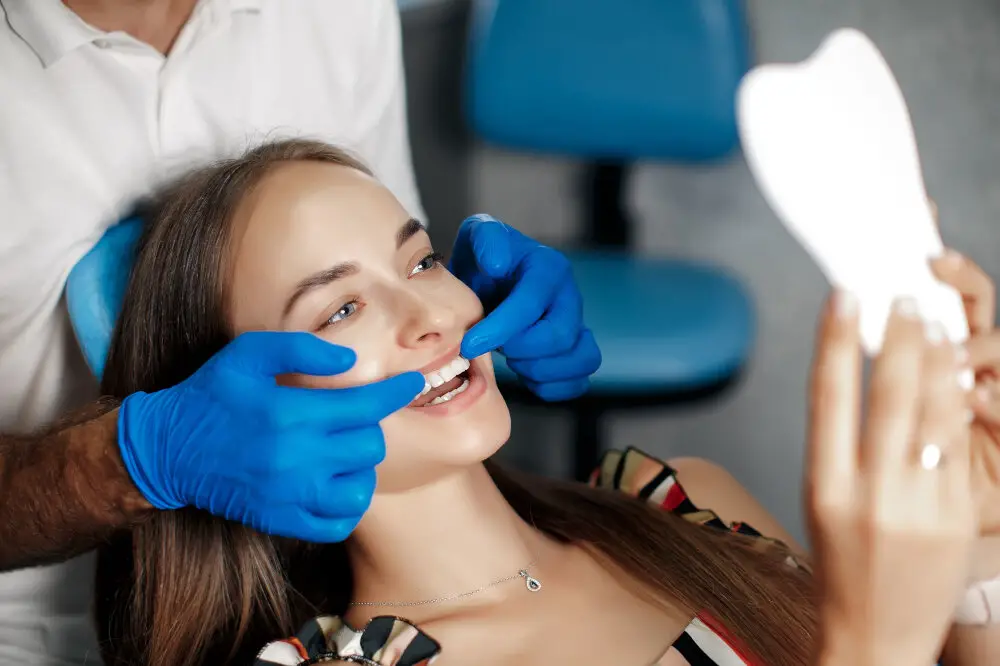
Understanding the gag reflex is crucial in overcoming it while brushing teeth. The gag reflex is a natural reflex that is designed to protect your throat from choking. It is a complex reflex that involves multiple muscles and nerves in the throat and mouth. The reflex is triggered when something touches the soft palate, the back of the tongue, or the throat. The sensation can be triggered by various stimuli, including the taste, smell, and texture of food. The reflex can also be triggered by anxiety, stress, or fear. Understanding what triggers your gag reflex can help you overcome it while brushing your teeth. To overcome your gag reflex while brushing your teeth, there are several tips you can follow. One of the most effective tips is to desensitize your gag reflex. You can do this by gradually exposing your mouth to the toothbrush. Start by placing the toothbrush on your tongue and gradually move it towards the back of your mouth. Try to hold the toothbrush in your mouth for a few seconds before spitting it out. Repeat this process several times until your gag reflex is desensitized. Another tip is to use a smaller toothbrush. A smaller toothbrush can help you reach the back of your mouth without triggering your gag reflex. You can also try breathing through your nose while brushing your teeth, as this can help reduce the sensation in your mouth.
The gag reflex is an involuntary contraction of the back of the throat that occurs when an object or substance touches the soft palate, the back of the tongue, or the roof of the mouth. It is a protective mechanism that prevents choking or aspiration of foreign objects into the respiratory tract. The reflex is controlled by the glossopharyngeal nerve, which sends signals to the medulla oblongata in the brainstem. The medulla then triggers the contraction of the muscles in the throat and the relaxation of the muscles in the esophagus. While the gag reflex is a natural and important response, some people may experience an overactive or hypersensitive gag reflex, which can make activities like brushing teeth or taking medication difficult.
The gag reflex, also known as the pharyngeal reflex, is an involuntary contraction of the back of the throat that occurs in response to stimulation. The causes of gag reflex are varied, but some common triggers include the presence of foreign objects in the mouth or throat, such as a dental instrument or food, as well as anxiety or stress. Other factors that can contribute to the gag reflex include a hypersensitive gag reflex, a medical condition, or certain medications. In some cases, the gag reflex can be overcome with practice and desensitization techniques, while in other cases, medical treatment may be necessary.
Overcoming gag reflex is crucial for maintaining good oral hygiene. The reflex is triggered when the back of the throat is touched, making it difficult to brush teeth properly. This can lead to the buildup of plaque and bacteria, causing bad breath, gum disease, and tooth decay. Moreover, gag reflex can also interfere with dental procedures such as x-rays and dental impressions, making them uncomfortable and challenging. Therefore, learning how to manage and overcome the gag reflex is essential for better oral health and a more comfortable dental experience.
Tips to Overcome Gag Reflex
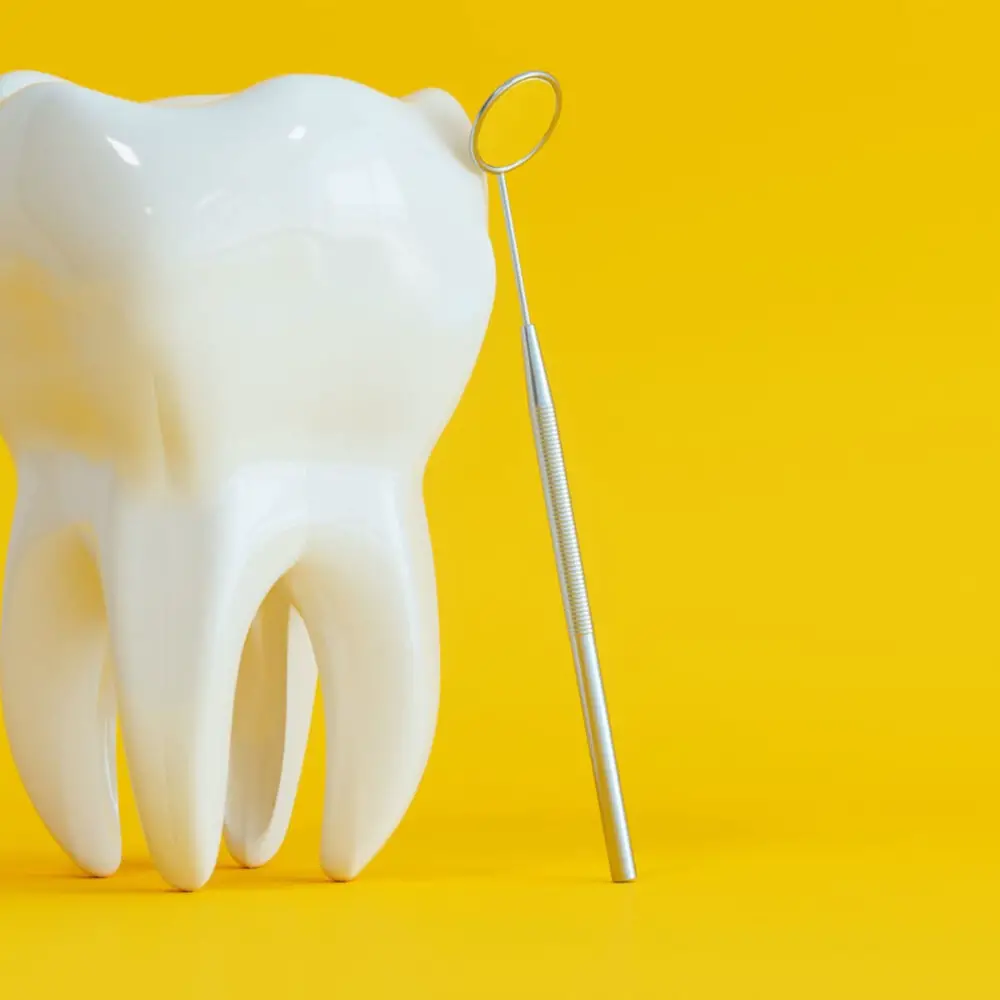
Gag reflex is an involuntary reaction in the throat that occurs when certain objects or substances touch the back of the mouth or throat. For some people, this reflex can be triggered easily, making it difficult to perform simple tasks such as brushing teeth or taking medication. However, there are several tips and techniques that can help overcome gag reflex. Firstly, try to breathe through your nose while performing the task that triggers the reflex. This helps to relax the muscles in the throat and reduces the likelihood of the reflex being triggered. Additionally, try to distract yourself with a different activity or thought while performing the task. This takes your mind off the sensation in your mouth and can help to reduce the likelihood of gagging. Another useful tip is to desensitize the gag reflex by gradually exposing yourself to the triggering object or substance. For example, if you have a strong gag reflex when brushing your teeth, try brushing for shorter periods of time and gradually increasing the duration as your body becomes more accustomed to the sensation. You can also try using a smaller toothbrush head or a different type of toothpaste to reduce the sensation in your mouth. Finally, if you are still struggling to overcome your gag reflex, speak to a healthcare professional who can offer further advice and support. With perseverance and the right techniques, it is possible to overcome gag reflex and perform everyday tasks with ease.
Deep breathing techniques can help overcome the gag reflex while brushing teeth. When you feel the urge to gag, take a deep breath through your nose, hold it for a few seconds, and then exhale slowly through your mouth. Repeat this a few times until you feel more relaxed. Deep breathing helps to calm the nervous system and reduce anxiety, which can trigger the gag reflex. It also helps to distract your mind from the sensations in your mouth. Practicing deep breathing regularly can also help to improve your overall respiratory health and reduce stress levels. So, next time you feel the urge to gag while brushing your teeth, try taking a few deep breaths and see if it helps.
Desensitization exercises involve gradually exposing oneself to stimuli that trigger the gag reflex. This can be done by using a toothbrush to gently touch the back of the tongue and gradually moving it further back over time. Another technique is to use a tongue scraper to remove any buildup on the tongue, which can reduce sensitivity and make it easier to tolerate brushing without gagging. It is important to practice these exercises regularly and to be patient, as progress may take time. With persistence and consistency, desensitization exercises can be an effective way to overcome the gag reflex while brushing teeth.
Choosing the right toothbrush and toothpaste can make a big difference in your overall oral health and your ability to avoid triggering your gag reflex while brushing your teeth. When selecting a toothbrush, consider the bristle type, size, and shape, as well as the handle design and grip. For toothpaste, look for options that are gentle on the teeth and gums, while also providing effective cleaning and whitening. Consider choosing a toothpaste with a mild flavor or one that is specifically designed for sensitive teeth if you are prone to gagging. Experimenting with different toothbrush and toothpaste options may help you find the right combination to keep your teeth healthy and your gag reflex under control.
Distraction techniques can be an effective way to overcome the gag reflex while brushing teeth. One technique is to focus on breathing deeply and slowly through the nose while brushing. Another technique is to listen to music or a podcast to take your mind off the brushing sensation. You can also try visualizing a calming scene or counting backwards from 100. These techniques can help redirect your attention away from the sensation of brushing and reduce the likelihood of triggering the gag reflex. However, it is important to find a technique that works best for you and to practice it regularly to train your body to become less sensitive to the trigger.
Using numbing agents is one of the popular ways to overcome gag reflex while brushing teeth. Numbing agents work by numbing the nerves present in the back of the throat, which helps to reduce the sensitivity of the gag reflex. Lidocaine, benzocaine, and topical anesthetics are some common numbing agents that are used for this purpose. However, it is important to use these agents as directed and in moderation, as excessive use can lead to adverse side effects. Additionally, it is recommended to consult with a dentist or healthcare professional before using any numbing agents to ensure that they are safe and appropriate for your individual needs.
Prevention of Gag Reflex
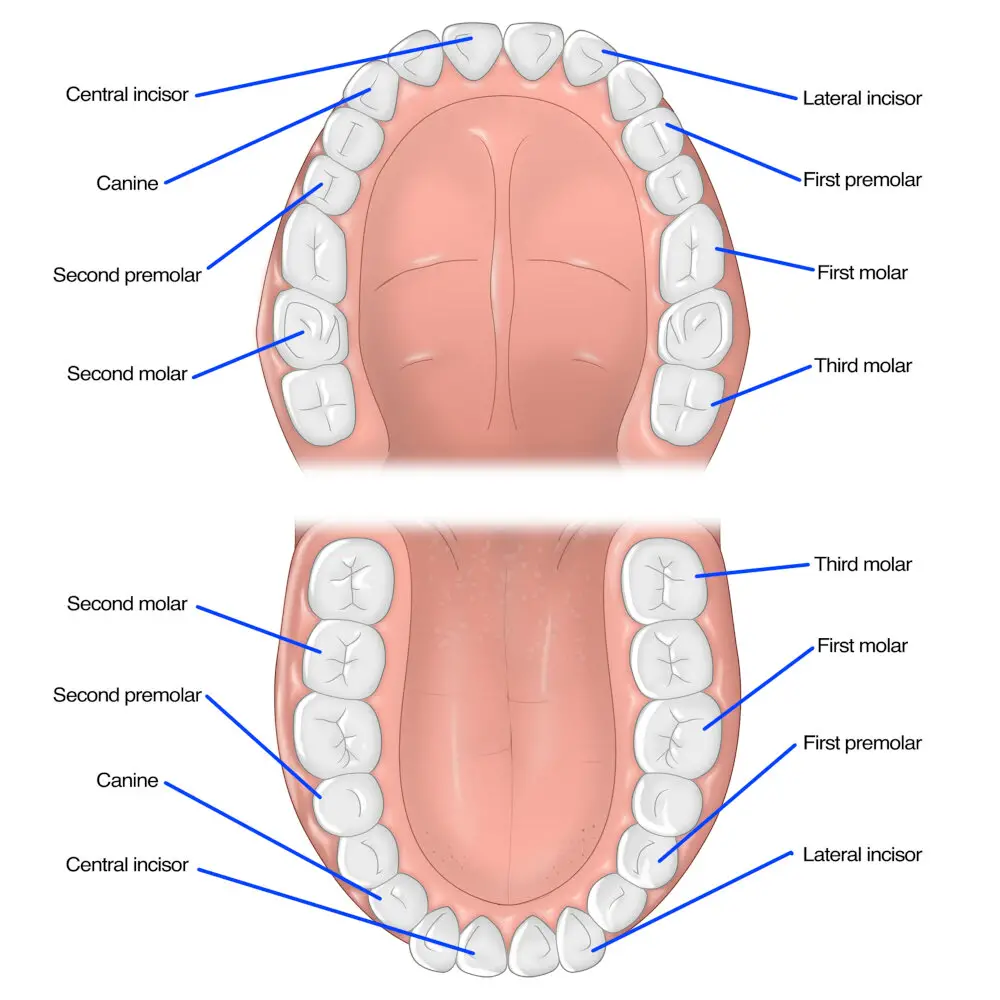
Gag reflex is a natural response of our body to protect our airway from any potential danger. However, it can be troublesome while performing routine activities like brushing teeth, taking medication, or undergoing dental procedures. The good news is that there are several ways to prevent or reduce gag reflex. One of the most effective methods is to focus on breathing. Taking deep and slow breaths through the nose can help to calm down the nerves and reduce the urge to gag. It is also recommended to avoid breathing through the mouth as it can trigger the gag reflex. Additionally, distracting yourself by thinking about something else, humming a tune, or singing a song can also help to take the mind off the sensation. Another way to prevent gag reflex is to use oral desensitizing products like sprays, gels or lozenges. These products contain numbing agents like benzocaine that can temporarily reduce the sensitivity of the soft palate and throat. However, it is important to use these products as directed and not exceed the recommended dosage as they can cause numbness and other side effects. Furthermore, changing the brushing technique can also help to prevent gag reflex. Instead of brushing the back of the tongue, it is recommended to start with the front teeth and gradually move back. Using a smaller toothbrush head and avoiding excessive pressure can also help to reduce the stimulation of the gag reflex. With these tips and techniques, anyone can overcome the gag reflex and enjoy a comfortable oral care routine.
Taking small bites of food can be a helpful technique to overcome gag reflex while brushing teeth. When you eat larger bites, it can trigger your gag reflex and cause discomfort. By taking smaller bites, you allow your mouth to adjust to the food and prevent triggering the reflex. It may also be helpful to chew your food slowly and thoroughly before swallowing. This technique can also help with digestion and prevent indigestion. In addition to taking small bites, it’s important to remain calm and relaxed while brushing your teeth to avoid triggering the gag reflex. By incorporating these techniques into your daily routine, you can overcome your gag reflex and have a more comfortable experience while brushing your teeth.
Avoiding strong smells and tastes can be helpful in overcoming the gag reflex while brushing teeth. Certain toothpaste flavors and smells can trigger the gag reflex, making it difficult to brush teeth properly. Opting for a milder toothpaste or one with a neutral flavor can help reduce the likelihood of triggering the gag reflex. Additionally, avoiding strong-smelling foods and drinks before brushing can also be beneficial. It is recommended to wait at least 30 minutes after consuming any strong-smelling foods or drinks before brushing to reduce the likelihood of gagging. By being mindful of the smells and tastes in your oral care routine, you can make the experience more comfortable and effective.
Avoiding certain dental procedures can be essential for individuals who experience a strong gag reflex. Some procedures such as dental impressions, taking X-rays, or even simple cleanings can trigger the gag reflex and cause discomfort. However, avoiding dental care can lead to more significant issues down the line, which is why it’s important to find ways to manage the gag reflex. One solution is to communicate with your dentist about your discomfort and work together to find alternative methods or solutions to complete the necessary procedures. Additionally, utilizing relaxation techniques, such as deep breathing or visualization, can help reduce the severity of the gag reflex during dental procedures.
Additional Strategies
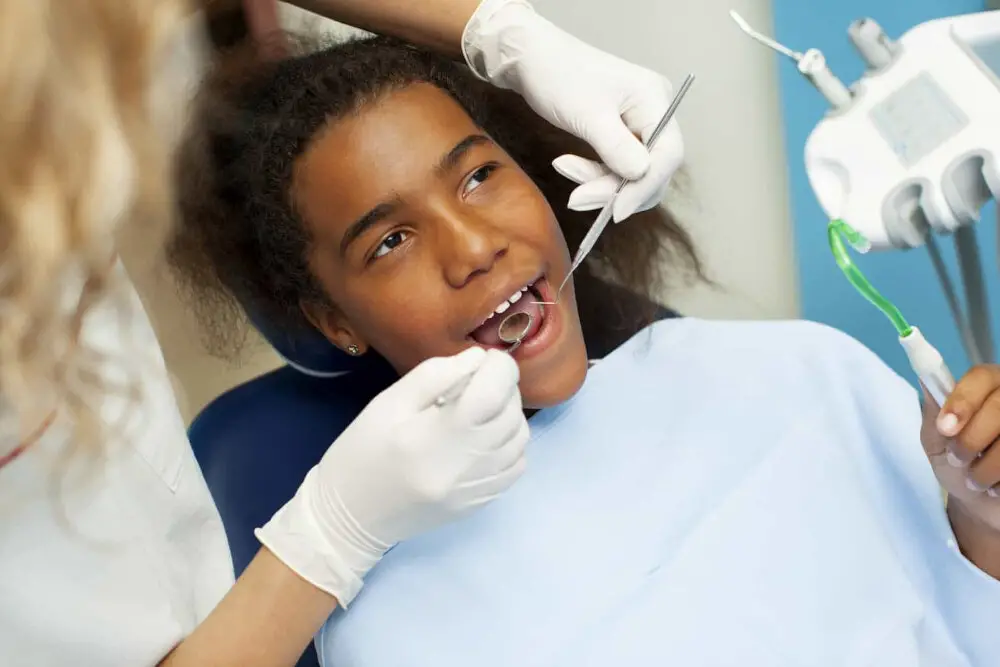
In addition to the tips mentioned earlier, there are some additional strategies that can be employed to overcome gag reflex while brushing teeth. One such strategy is to distract yourself while brushing. This can be done by listening to music, watching TV, or focusing on something else entirely. By diverting your attention away from the brushing process, you may be able to reduce the intensity of your gag reflex and get through the task without any discomfort. Another option is to switch to a smaller toothbrush or even a child-sized toothbrush. This can help to reduce the amount of stimulation on your gag reflex, making it easier to tolerate brushing. Additionally, you may want to try using a toothbrush with softer bristles, which can be gentler on your mouth and throat. Another useful strategy is to practice deep breathing exercises while brushing. This can help to calm your nerves and reduce anxiety, which may be contributing to your gag reflex. Take slow, deep breaths in through your nose and out through your mouth as you brush. This can help to relax your muscles and make the experience more comfortable. You may also want to try using a numbing spray or gel, which can help to desensitize your mouth and reduce the gag reflex. These products can be found at most drugstores and can be applied before brushing for maximum effectiveness. By employing these additional strategies, you can overcome your gag reflex and enjoy a more comfortable brushing experience.
If you suffer from a sensitive gag reflex, seeking help from a dental professional may be the key to overcoming this issue. A dentist can examine your mouth and identify any underlying causes of your gag reflex, such as an overactive gag reflex or an oral infection. They can also provide guidance on techniques to reduce your gag reflex, such as breathing exercises or desensitization methods. In addition, a dental professional can suggest products that may help, such as toothbrushes with smaller heads or toothpaste with a milder flavor. By working with a dental professional, you can overcome your gag reflex and enjoy a more comfortable and effective oral hygiene routine.
If you find that your gag reflex is interfering with your ability to maintain good oral hygiene, seeking help from a therapist may be a helpful solution. A therapist can work with you to identify the root cause of your gag reflex, whether it be physical or psychological, and develop strategies to overcome it. They may also be able to provide relaxation techniques or desensitization exercises to help you become more comfortable with brushing your teeth. Seeking the guidance of a therapist can be a proactive step towards improving your oral health and overall well-being.
Using medication can be an effective way to overcome gag reflex while brushing teeth, but it is important to consult with a healthcare professional before doing so. Prescription medications such as anti-anxiety drugs or muscle relaxants may be prescribed to help reduce the sensitivity of the gag reflex. Over-the-counter numbing agents such as throat sprays or lozenges can also be used to temporarily numb the back of the throat, making it easier to brush without triggering the gag reflex. However, it is important to note that medication should not be relied upon as the only solution and that other techniques such as desensitization or relaxation exercises should be used in conjunction with medication for the best results.
Overcoming gag reflex while brushing teeth can be a tough task, but with a few tips and strategies, it can be conquered. Firstly, try breathing through your nose and relaxing your throat muscles. This will help to reduce the sensitivity of your gag reflex. Secondly, use a smaller toothbrush or try a different toothpaste flavor to avoid triggering your gag reflex. Thirdly, distract yourself by humming or singing a song while brushing. Fourthly, try brushing your teeth in a different position, such as lying down or standing on one foot. Finally, gradually desensitize yourself by slowly introducing the toothbrush further back into your mouth each day. With these tips and strategies, you can overcome your gag reflex and maintain good oral hygiene.
Overcoming the gag reflex while brushing teeth can be a challenging task, but it is not impossible. It requires patience and perseverance. Remember that every time you try, you are getting closer to your goal. Try different techniques and tricks until you find what works best for you. Don’t be discouraged by setbacks, but instead, use them as motivation to keep going. With time and practice, you will find that brushing your teeth no longer triggers your gag reflex. You’ve got this, and I encourage you to keep trying!
Conclusion
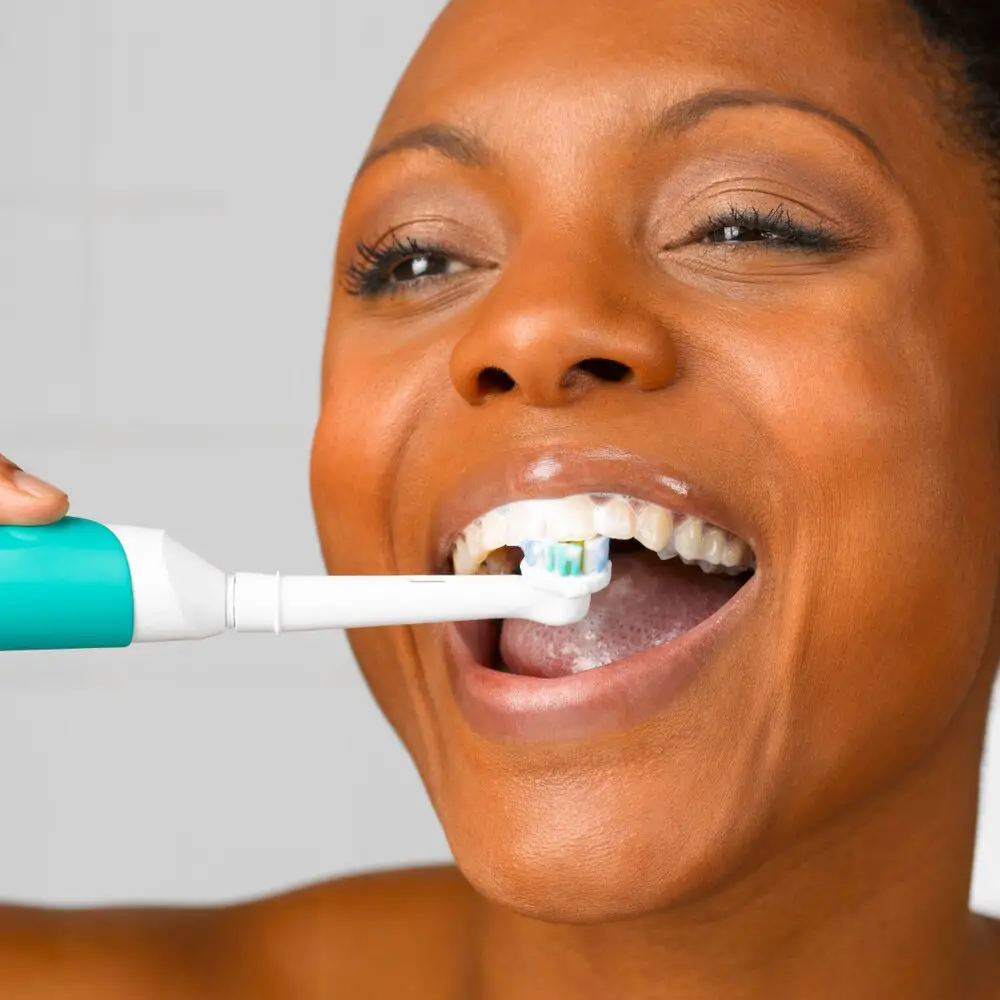
In conclusion, the gag reflex while brushing teeth can be a frustrating and uncomfortable experience for many individuals. However, with the tips provided, it is possible to overcome this issue and make brushing a more pleasant and effective experience. From using a smaller toothbrush to practicing relaxation techniques, there are various ways to desensitize the gag reflex and ensure a cleaner, healthier mouth. It is important to remember that everyone’s body is different and what works for one person may not work for another. It may take some trial and error to find the best solution, but with persistence and patience, the gag reflex can be conquered. So, don’t let the fear of gagging keep you from maintaining good oral hygiene. With these tips, you can gag no more and have a brighter, healthier smile.
